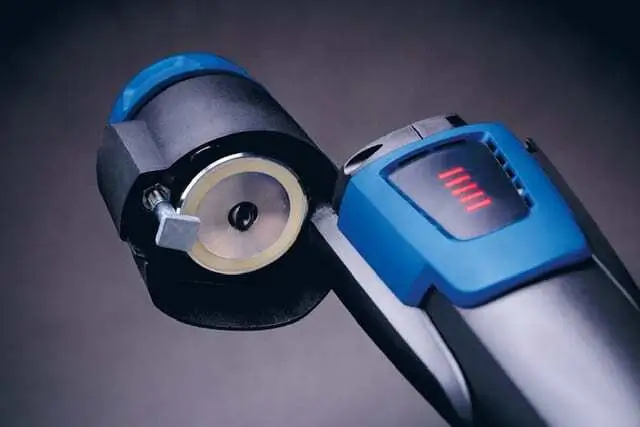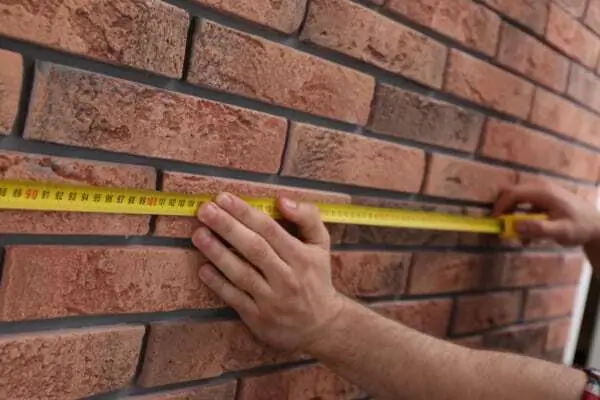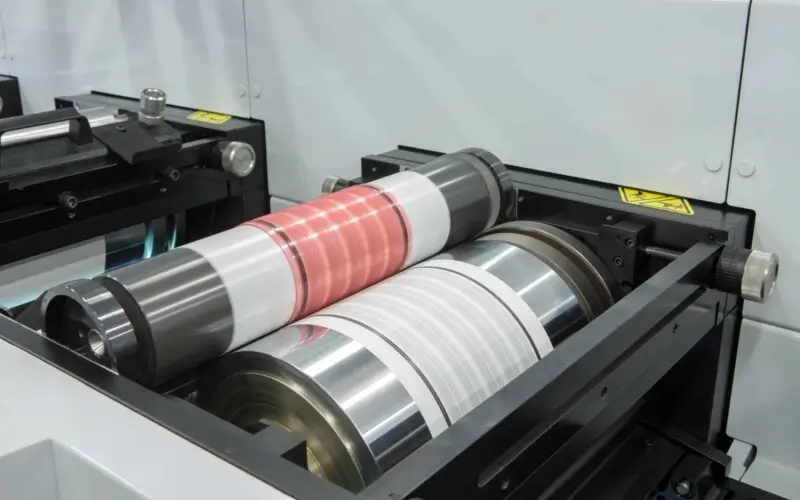Industrial applicators for glues and other adhesives
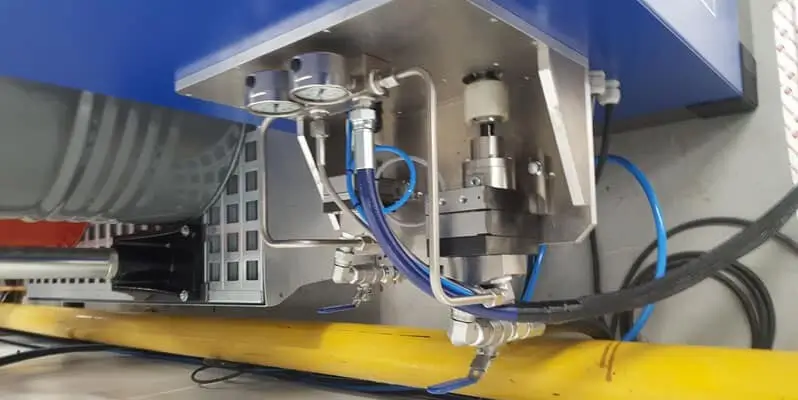
Industrial application of mixed glues and other adhesives renewed
The application of mixed glues and adhesives is accurate, efficient and innovative, if one uses the right machine with the best technology. Increasingly, the industry is turning more and more to precise machines and volume-based systems, which dose a specific, consistent amount of adhesive over time.
Characteristics of adhesive applicators
Not all “glue machines” are created equal. There are two main branches of adhesive application machines: pressure-based and volumetric-based. That said, whether one calls it a glue applicator, a glue mixer, an epoxy machine or something else, the products vary as much as the types of adhesive and the range of applications.
A high-quality adhesive applicator should be able to mix and process different types of adhesives:
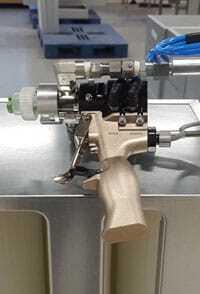
- polyurethanes
- MS polymers
- SMPs
- epoxies
- polysulfides
- silicon-based adhesives
- methyl acrylates
- contact adhesives
Adhesive should be applicable manually or through an automated mechanical system. Generally speaking, adhesive machines can fill around electric components in their casings, inject into empty spaces, such as aluminum profiles, applying sealant increases and even dose into containers for later processing with manual instruments such as brushes or spatulas. Product applications range from industrial filter production to adhesive bonding of metal and glass surfaces to synthetics.
What to look for in an adhesive applicator or industrial glue machine
Adhesive applicators can mix and dose in many different ways. Choosing the “best” one often comes down to good fundamentals:
Minimal to no pulsation. Pressure-based applicators, such as piston pump-based ones, risk pulsations that can cause an inconsistent mix ratio. Volumetric dispensing systems, on the other hand, have the potential for greater consistency in application.
Precision. For obvious reasons, no one wants to apply adhesives inconsistently or dose inaccurately For example, minimal pump slack-tolerance significantly affects accuracy, though many gear pumps lack such advancements that make surfaces perfectly smoothed.
Ease of use. A good adhesive applicator is universally applicable and able to handle jobs both big and small. For example, some epoxies may require 200 bars of pressure, while some adhesives are processed with less than 50 bars. In some situations, a bigger installation is the best suit. In other situations, a compact dosing installation that can simply be set on a table or work bench is the best-suited.
Little to no maintenance required. Polyurethan applicators often have multiple gear pumps to dose in shots as well as continuously, electric motors, and even pulse generators that provide dosing feedback in attempt to maintain mixing ratio consistency. With so much technology in one machine, it is important for the technology to sustain itself. Indeed, the best machines on the market are double-sealed and fitted with hardened layers that practically guarantee a long, maintenance-free lifespan.
Long-lasting and durable. The more components in a product, the more that can go wrong with that product. This is why the best applicator companies offer a wide array of mechanically adjustable options. For example, some applicator guns smartly use components such as bayonet connectors. These reduce or remove altogether the need for cleaning screw-threads. In addition, a well (and ideally, easily) maintained machine has a life span of 15 years or more.
Green. Low energy consumption depends on high efficiency. For example, a good polyurethane machine includes software that safeguards application, such as pot-life control, pressure monitors, speed of dosage, and filling quantity. Some applicators have pot-life monitoring technology that automatically refreshes mixed material and leaves minimal residual waste. The results of the aforementioned are less mess and less waste. This is the foundation for a greener society.
Let us help you find the best adhesive applicator for your next project. CLICK HERE to learn more.
What is the best adhesive applicator for your industry needs?
Liquid adhesive application systems can accommodate low, medium or high-pressure outputs, along with the full spectrum of viscosities and application pressure requirements. For example, some more advanced machines offer automatic calibration, single-component flushing mechanisms, and automatic purging, to ensure that mixing ratios deviate at a minimum.
Often the best adhesive applicators operate using a volume-based system that dispenses adhesive in specific, consistent doses. Unlike pressure-based systems, such as piston pump-based applicators, volume-based applicators can handle differences in viscosity to maintain a stable adhesive yield across a surface. In addition, quality can and should come at an affordable price.
Because there are so many options available, it is important to aim for the best fit. Some applicator producers custom build their equipment for the end-user. It is also important to work with a supplier whose product development and technical service are in-house or sourced to a known network. In this way, possible future repairs can be carried out by staff familiar with the product and who can supervise production as well as repair. Indeed, some glue machine companies have their own engineering department, so that customer needs in terms of software, build and service can be directly integrated into product specifications.
Contact us!
Do you have questions about adhesive applicators, and what the best fit is for your needs? Contact our customer support team for guidance to identify the product best-suited for you and to connect with industry-leading specialists.
What solution are you looking for?
We are specialized in the application instruments tools equipment. Need the best products or advice? Then please leave your details and we will get in touch.
